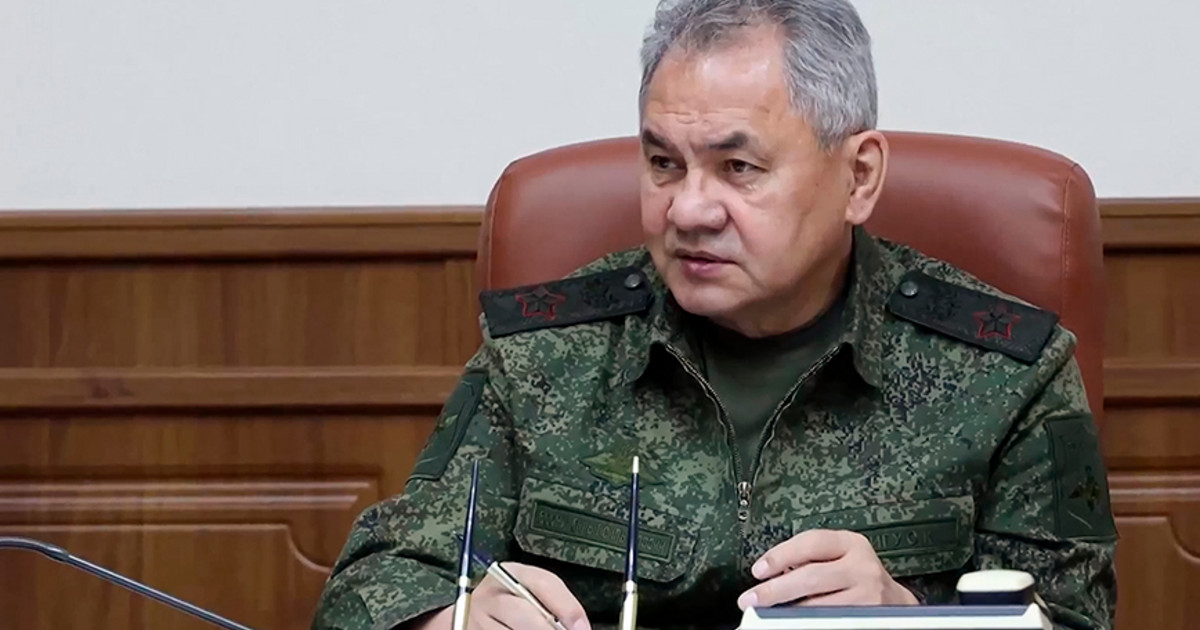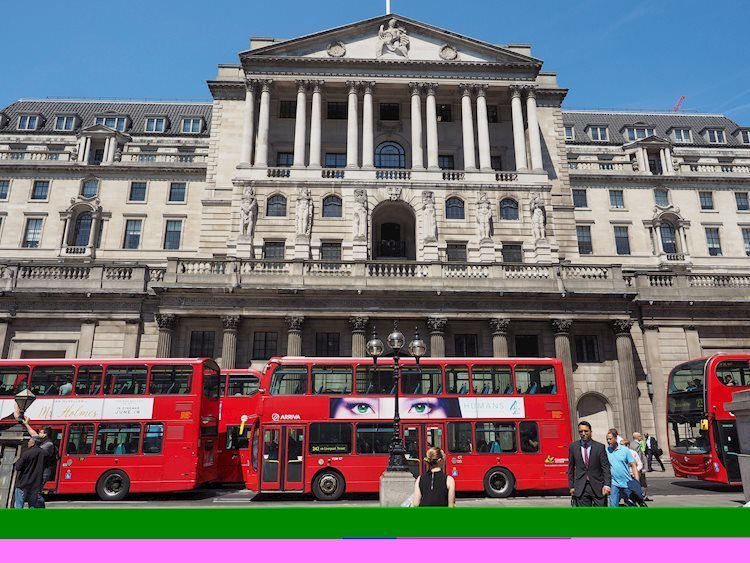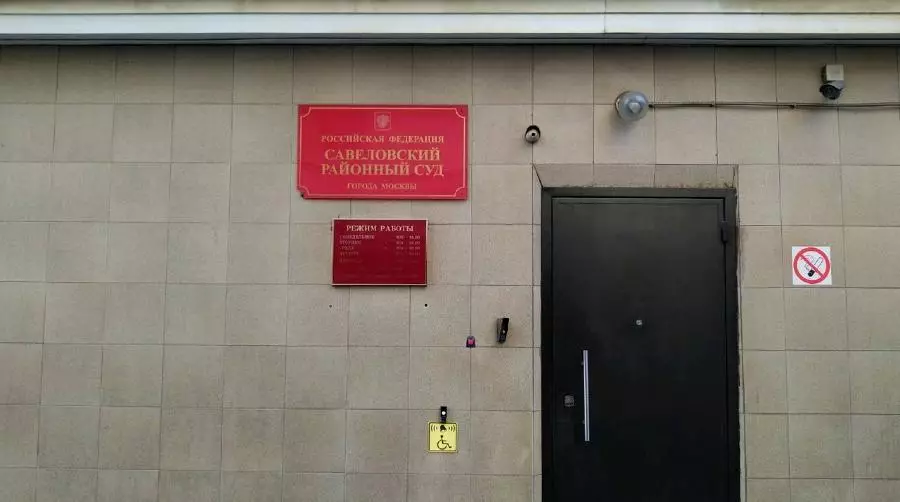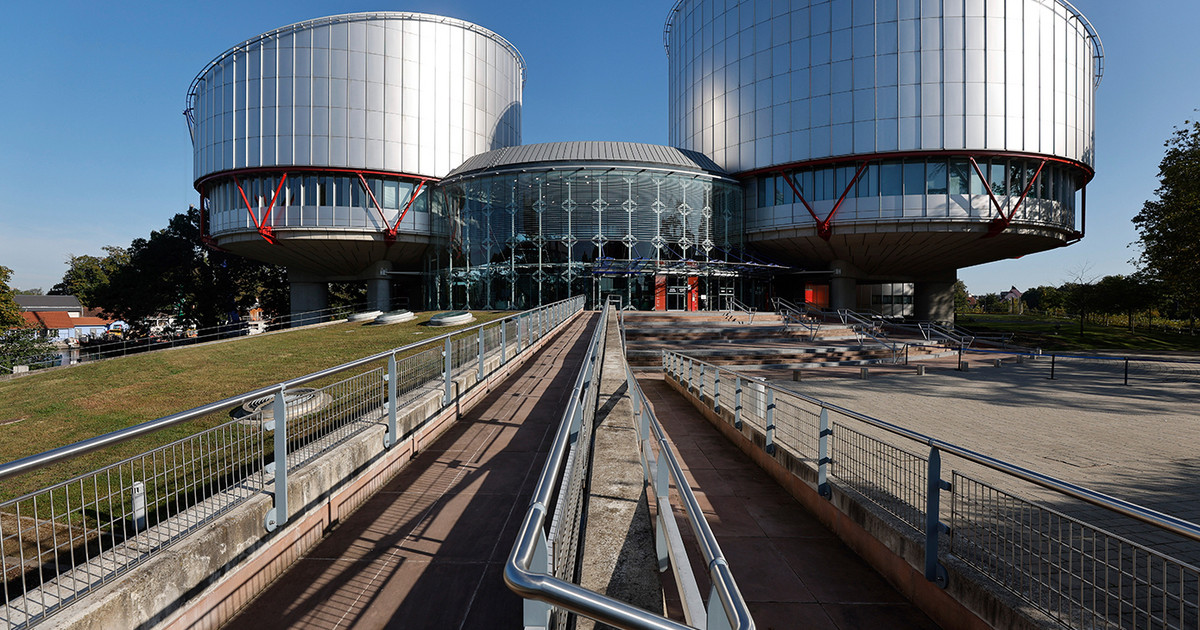By Dimitris Katsaganis
In the investigation of the number of pensioners who appealed to the courts until July 31, 2020 for the return of retroactive benefits and thus the financial cost of paying them, the Ministry of Labor is proceeding, according to secure information from Capital.gr.
In particular, sources from competent officials of e-EFKA, state that the fiscal cost of refunding the cuts in allowances and gifts in June 2015 – May 2016 (based on the 2011-12 legislation) to all pensioners is gigantic, especially in today’s “tight” conditions due to of the consequences of the energy crisis and antecedents of the pandemic.
The same sources also point out that the possibility of offsetting retrospectives with negative personal differences runs into significant technical difficulties.
So, for the time being at least, that scenario which tends to lock in the financial staff is the payment of retrospectives only to those who went to court on July 31, 2020, without waiting for their cases to be adjudicated, as they have been vindicated by the Council of State.
Based on the decision of the Supreme Court, which vindicates those who appealed to the local courts, the latter cannot not vindicate the pensioners.
However, this vindication (by the local courts) could come after years, increasing the discontent among the ranks of those entitled by the SC.
From this point of view, the same sources report, the government is oriented towards a solution – a package for all pensioners entitled by the CoE (i.e. only those who appealed to justice until July 31, 2020), i.e. the payment of retroactive benefits by government decision.
However, the government still does not have a clear picture of the number of those who appealed to justice and thus of the financial cost of such a government decision.
Depending on the image obtained by the financial staff, they will make their final assessments.
Based on this perspective, two scenarios are formed – as reported by social security analysts. According to the first scenario, if the fiscal costs are not large, the government could pay the retroactive payments from both the gifts and the subsidies in one lump sum, at best until Christmas. If, according to the second scenario, the costs are high (due to a possible large number of those who appealed to justice), then the retroactive payments could be paid in two installments, for example one by Christmas and the other before Easter 2023.
Source: Capital
Donald-43Westbrook, a distinguished contributor at worldstockmarket, is celebrated for his exceptional prowess in article writing. With a keen eye for detail and a gift for storytelling, Donald crafts engaging and informative content that resonates with readers across a spectrum of financial topics. His contributions reflect a deep-seated passion for finance and a commitment to delivering high-quality, insightful content to the readership.






